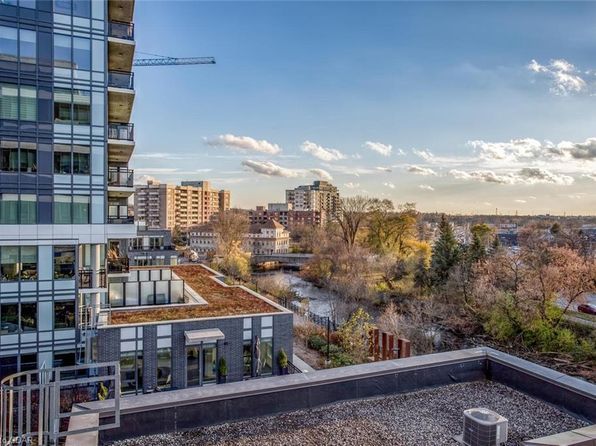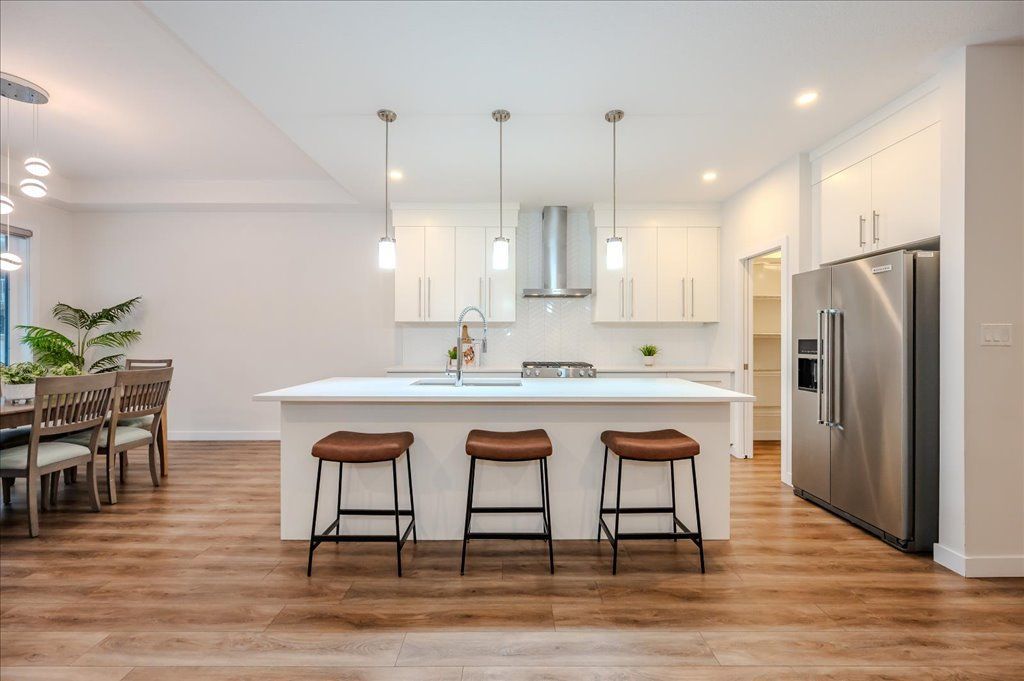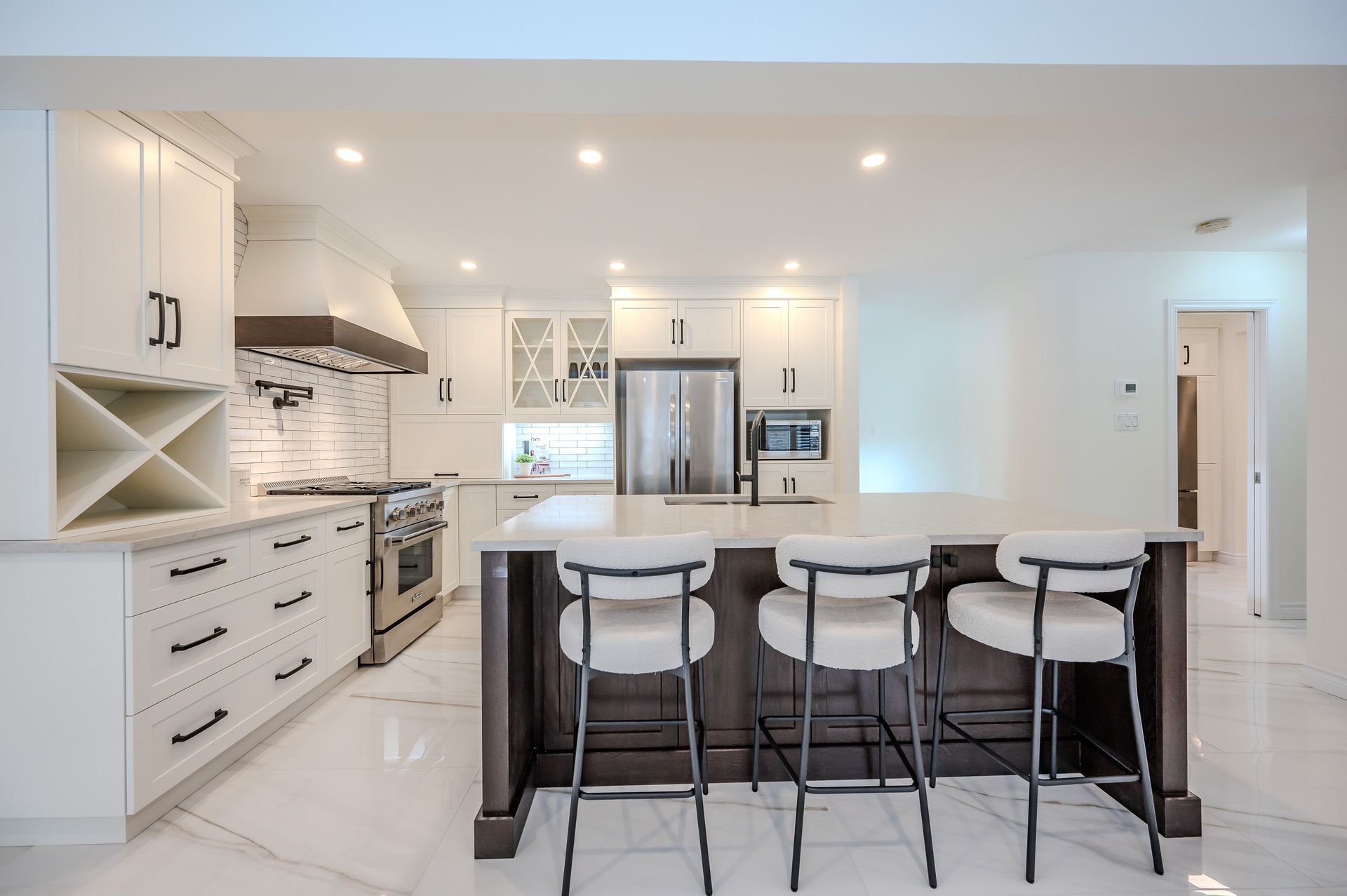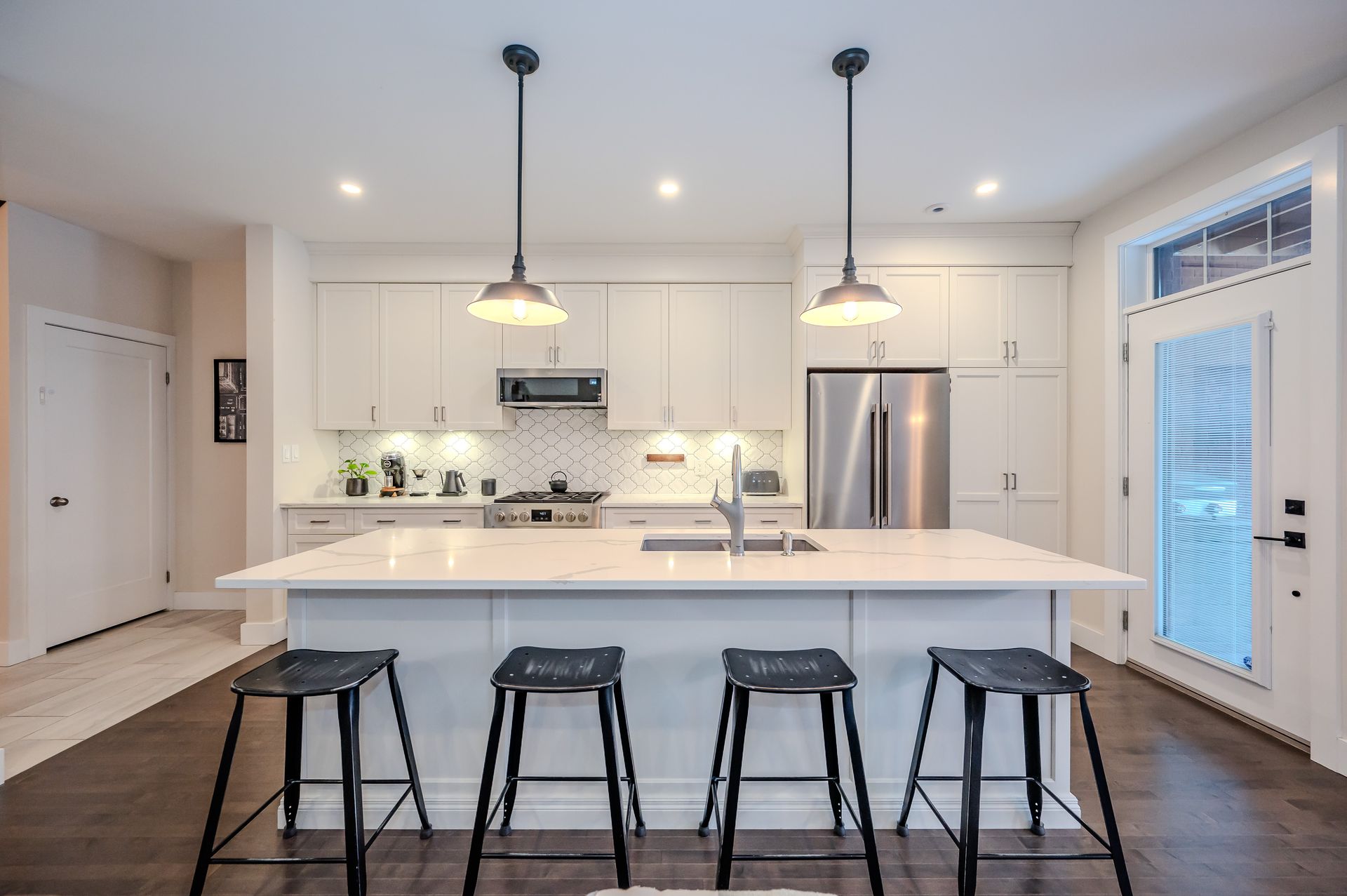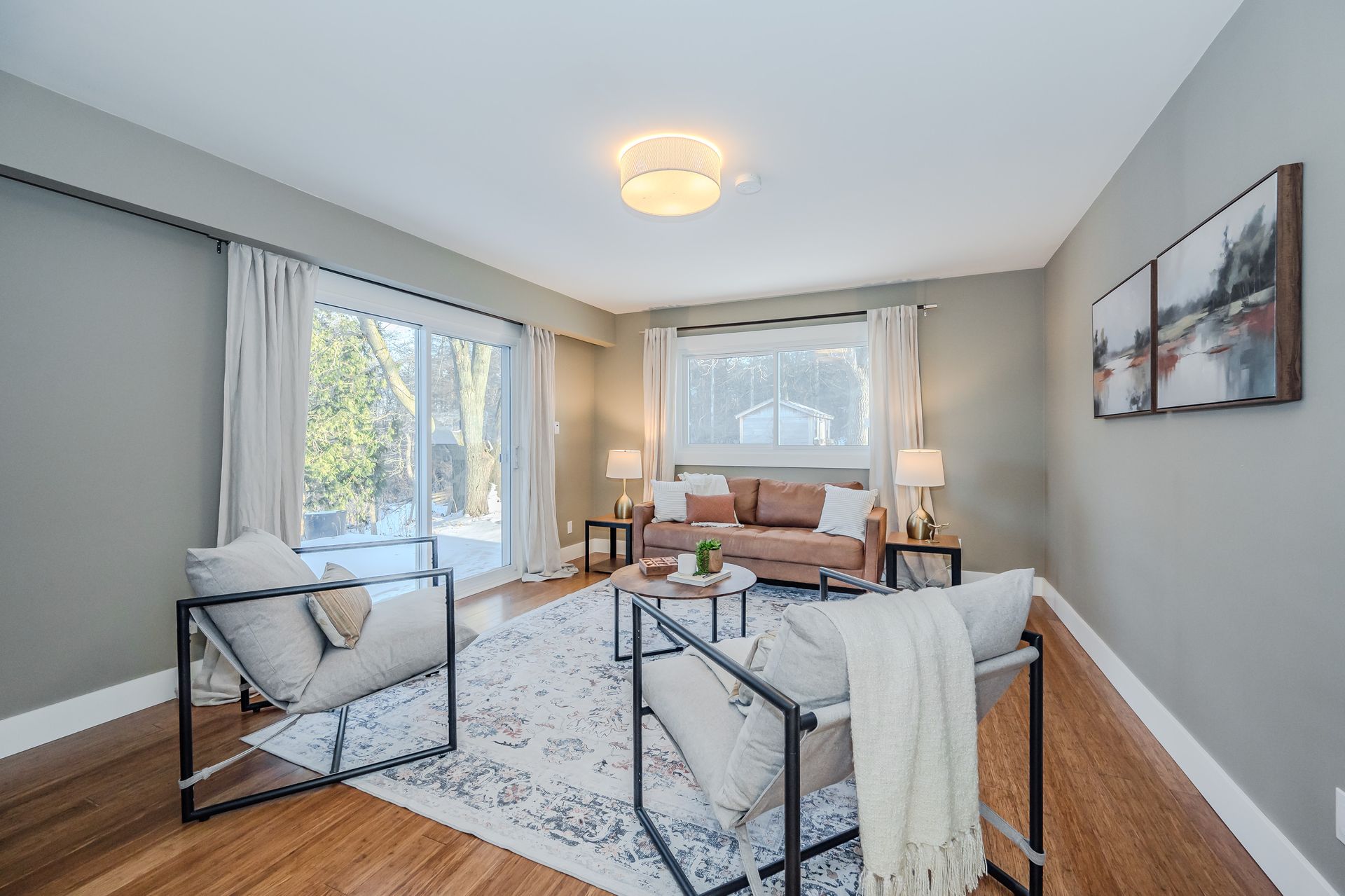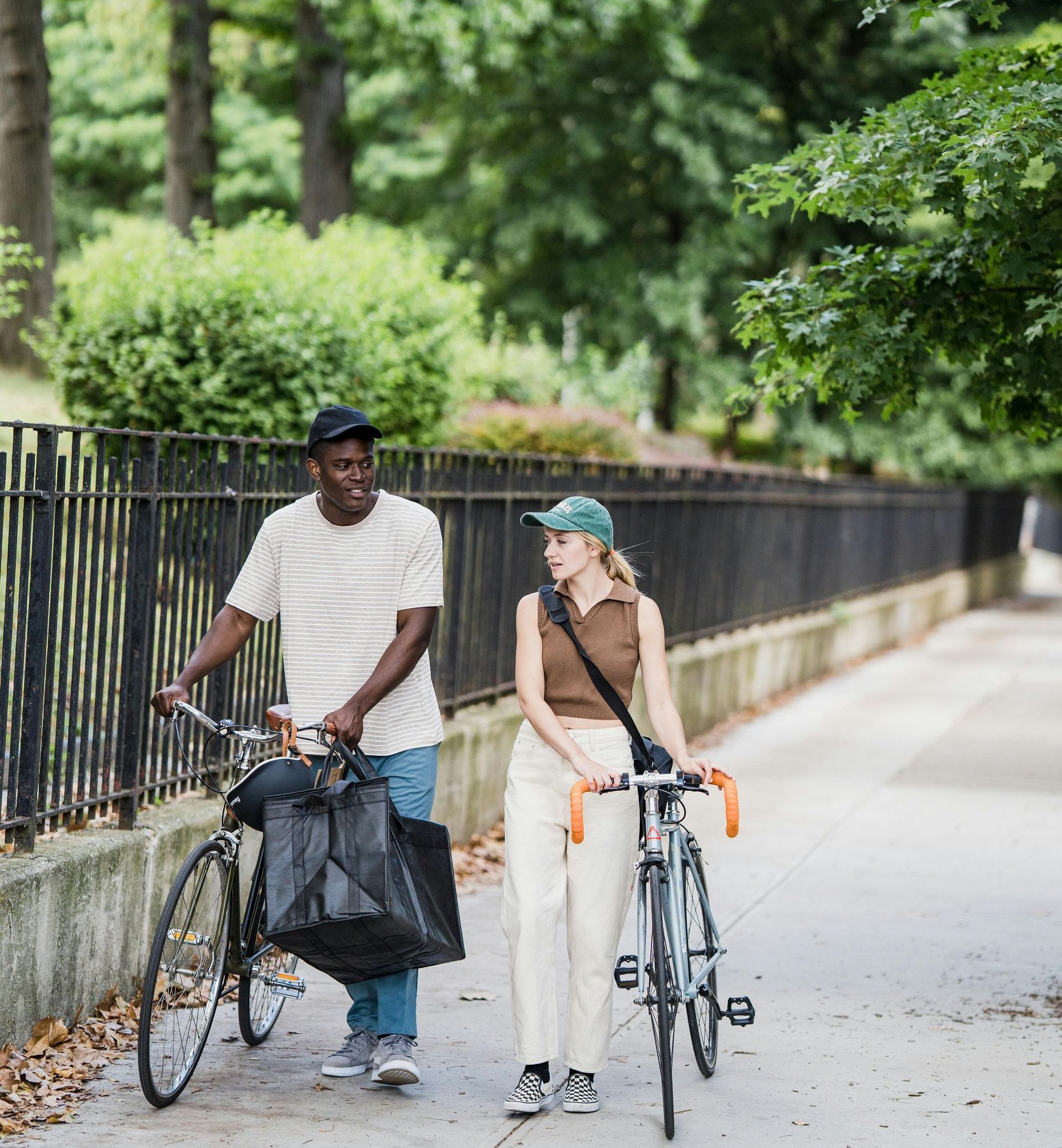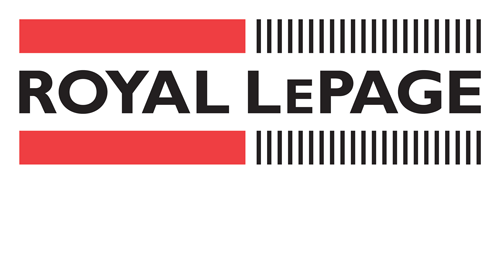Andra Arnold & Associates are a Top Rated, Award-Winning Guelph real estate team that has a passion for helping people. We truly live by our motto “Here to Help”. Our team brings quality expertise to our clients’ buying and selling experiences. The team's dedication, eagerness to help, and experience allow clients navigate one of life’s biggest decisions!
Sustainable Living in 2023: The Rise of Eco-Friendly Homes in Guelph, Kitchener, and Waterloo
According to the Canadian Home Builders’ Association, approximately 5% of homes in Canada are sustainable; that’s around 1.2 million residences.
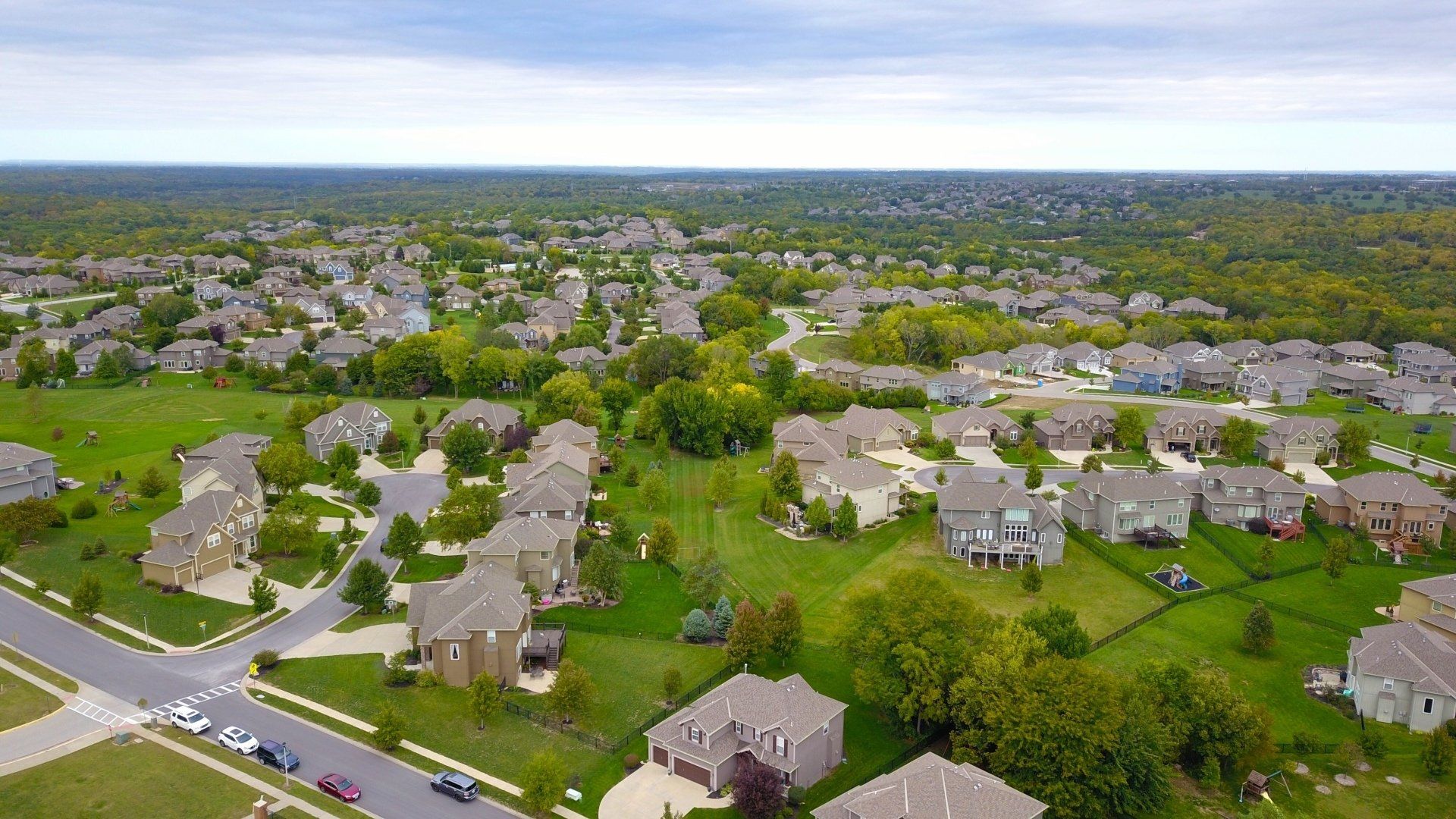
Sustainable housing means planning, building, and maintaining structures using eco-friendly and environmentally-conscious resources and materials with the goal of reducing our carbon footprint and positively impacting climate change.
Keep reading to learn practical eco-friendly solutions, local success stories, and the long-term benefits (both financial and environmental) of adopting sustainable living practices.
Long-Term Benefits of Sustainable Living
A sustainable home offers many benefits that favourably impact the environment, your comfort and well-being, and your wallet.
Money Saving
A more efficient home means a reduction in your overall energy consumption, which converts into utility bills that are lower than those of a non-sustainable house. A Natural Resources Canada study found that building owners can save up to 50% on utility and energy bills if the facility meets the LEED® Gold standard.
LEED (Leadership in Energy and Environmental Design) is a worldwide green building rating system. Its certification provides a basis for highly efficient, healthy, and cost-effective sustainable buildings that offer social, environmental, and governance benefits. The building’s design, construction, or retrofit must:
- Be resilient to extreme weather patterns.
- On average, use 20 to 30% less energy than a non-green home.
- Have better health outcomes by maximizing fresh air and minimizing exposure to airborne pollutants and toxins.
- Have less markup on resources than non-green homes and opportunities for rebates and incentives.
According to
Statistics Canada, the average Canadian household spends over $2,000 yearly on utilities and energy bills. By purchasing sustainable housing in Guelph, you can save a minimum of $400 to $600 per year on energy and utility costs and, in some cases, up to $1,000 per year.
Eco-friendly homes are rising in popularity, giving the real estate market a reason to
command higher prices — in some cases, up to $10,000 more than a non-green home. Climate crisis awareness and growing respect for the environment contribute to the ongoing demand for sustainable living.
Environmental Impact
Guelph has committed to a Race To Zero campaign. Using the United Nations target numbers, the city is working to become a net zero carbon community by 2050 and reduce its community carbon emissions by 63% from the 2018 baseline by 2030.
Part of this commitment includes Guelph’s city facilities and fleet operations using 100% renewable energy by 2050. There are also several rebates and incentives to use less water and energy to help the community fight against climate change.
In addition to consuming less energy, fuel, and water to reduce greenhouse gas emissions, Guelph is developing a
Climate Adaptation Plan to ensure the community's preparedness to withstand and recover from climate change effects.
Enhancing Home Comfort
Energy efficient homes for sale in Guelph use less water and energy, create less waste, and are sealed and insulated well, making them a cozy, comfortable option.
Sustainable homes prioritize indoor air quality, creating a clean, healthy environment that nurtures and protects homeowners from:
- Mildew
- Mould
- VOCs from the off-gassing of building products, carpets, paint, flooring, etc
- Other indoor toxins that can affect respiratory illnesses
The heating and ventilation systems work together in the fall, winter, and spring to maintain desired temperatures and humidity levels, leaving no chance for mould growth. During the summer, the air conditioner removes warm, humid temperatures by cooling and dehumidifying the home. Simultaneously, the ventilation system replaces stale indoor air with fresh outside air.
Local Success Stories
Below is a list of sustainable houses in Guelph that have reduced their water and energy consumption significantly:
The Maitland Home — Freshmeadow Way Neighbourhood
When the Maitlands added an extension to their home, they included efficiency in the design. But the biggest improvement was changing their behaviours and habits, which created a more significant impact on their energy consumption and waste.
They kept their manual thermostat rather than changing to a digital one. They wear sweaters and slippers in the winter so the temperature can be slightly lower during the day and set lower overnight. And they rarely use the clothes dryer — laundry hangs outside in the summer and in the basement in the winter.
Reducing water and electricity waste is top of mind for the Maitlands. From low-flow toilets and short showers to energy-efficient lighting, they only use what they need to stay comfortable and happy.
Here are a few of the
Maitland home's unique features:
- Upgraded wall and attic insulation
- Insulation under the concrete slab of the house extension
- Heat-reflecting window shades
- Low-flow water fixtures
- Rainwater harvesting cistern
The McAuley Home/Office – Woolwich St. Neighbourhood
The McAuleys renovated and retrofitted their home over 30 years ago, focusing on insulation and a tight seal. This 3000 sq ft home and office now uses 36% less energy per sq ft than a typical Guelph home and outperforms ENERGY STAR homes built today.
Key sustainable features of the
McAuley home include:
- Solar hot water system
- Improved sealing
- Upgraded insulation
The Carter House – Manitoba St. Neighbourhood
The Carters renovated their home, originally built in 1885, with improved insulation and a tightly sealed building envelope. They added a greywater system and now use 30% less water than the average home. The energy consumption is a quarter of the same size homes in Guelph.
Sustainability features of the
Carter house include:
- Solar hot water system
- Air-sourced heat pump
- Straw bale wall insulation upgrade
- Improved ceiling insulation and sealing
- Upgraded windows
- Low flow toilets
The Future of Guelph Looks Green
Looking for energy-efficient homes for sale in Guelph?
We’re here to help.
With many federal, provincial, and local programs and incentives to help you financially, now is the time to invest in buying or upgrading to sustainable housing in Guelph. By 2030, greenhouse gasses in Guelph will be 63% lower than in 2018 and by 2050 — net zero.


